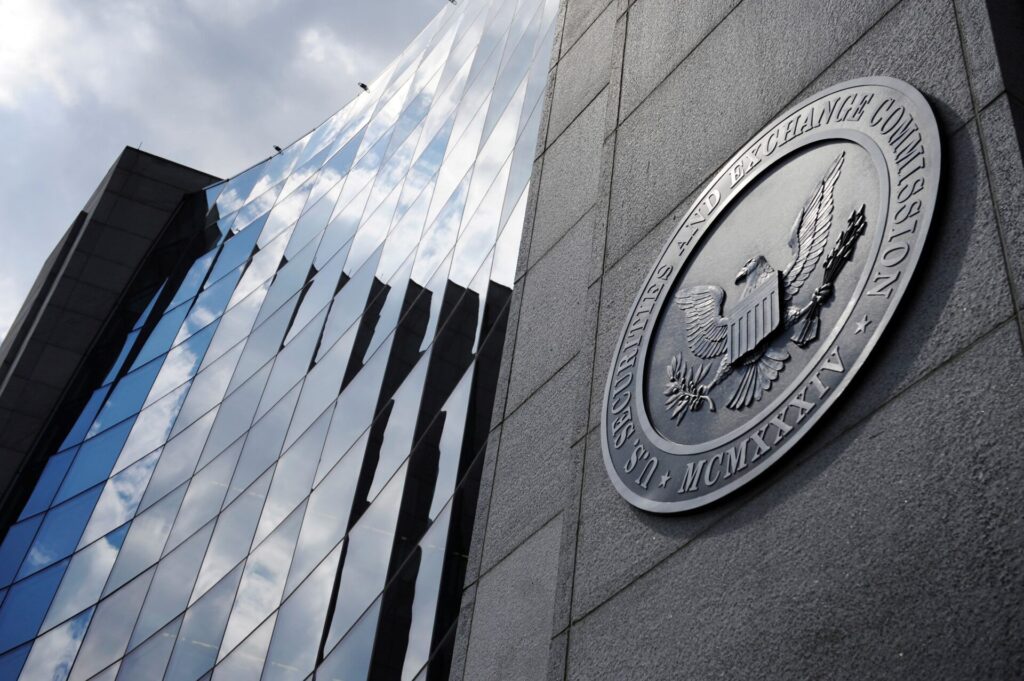Making Sense Corporate Sustainability and ESG’s History – A Primer for Board Members
While ESG has grown in prominence in recent years, its historical roots extend back decades. This articles explores its history and key milestones in an effort to equip leaders with the foundational understanding to competently manage ESG in their businesses.










